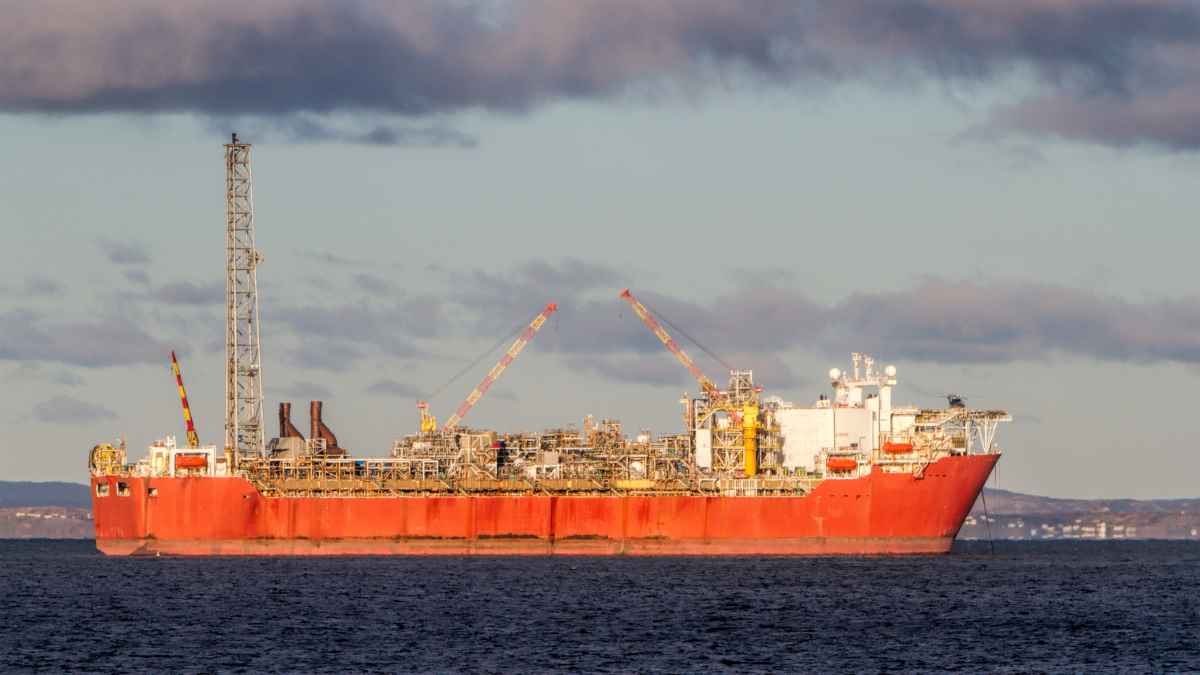Special Economic Zones (SEZ) or free zones could be established between MSGBC governments and private sector operators to attract foreign investment, promote economic growth and facilitate technology transfer
LUANDA, Angola, June 22, 2023/APO Group/ —
Energy Capital & Power (www.EnergyCapitalPower.com) will host the MSGBC Oil, Gas & Power conference and exhibition (https://apo-opa.info/42S7skb) where African and global energy policymakers, and energy firms and investors will explore how the implementation of special economic zones, trade markets, visa harmonization and green project funds can help the MSGBC region maximize its energy resources for long-term growth.
With promising projects coming online this year such as the Sangomar oil project in Senegal and the Greater Tortue Ahmeyim development located on the Senegal-Mauritania maritime border, it has become critical for MSGBC countries to establish effective governance policies to maximize the benefits of new energy supplies introduced to the market.
Implementation of Special Economic Zones
Special Economic Zones (SEZ) or free zones could be established between MSGBC governments and private sector operators to attract foreign investment, promote economic growth and facilitate technology transfer to maximize the benefits of first oil and gas.
In West Africa, there are currently 29 free zones across 11 countries, including one in Senegal and two in The Gambia, established with the aim of advancing investment.
According to Moustapha Bechir, GM of Hydrocarbons at Mauritania’s Ministry of Petroleum, Energy and Mines, the country is also looking at developing SEZs, with a “feasibility team currently studying the potential of a SEZ in Mauritania and we should start building the hub around 2025.” Speaking in an exclusive interview with Energy Capital & Power, Bechir added that, “The Ministry is looking at different options to incentivize investors, and establishing a free zone could be a good way to unlock capital and create local employment.”
By eliminating tariffs on crude oil, the USMCA plays a critical role in supporting and growing North American energy integration, interdependence and energy security
Creation of a Free Trade Market for the Energy Sector
Recent geopolitics and associated trade sanctions imposed by the U.S. and Europe against Russia have highlighted an opportunity for MSGBC energy producing countries to develop their own energy free trade agreement and finally bridge the energy gap in the region. MSGBC countries could derive insights from other free trade agreements such as the US-Mexico-Canada Agreement (USMCA) https://apo-opa.info/3NJBVgb and consider the establishment of a specialized regional free trade zone focused on the energy sector.
By eliminating tariffs on crude oil, the USMCA plays a critical role in supporting and growing North American energy integration, interdependence and energy security. Similar to the interconnected energy markets in North America, the markets within the MSGBC region exhibit close ties. In this context, the establishment of a regional energy market holds the potential to enhance operational efficiency.
Visa Process Harmonization
In October 2022, regional experts adopted the ECOVISA https://apo-opa.info/3NkDjEr throughout the Economic Community of West African States to simplify visa processes and the movement of people. Equally, harmonizing visa procedures in the MSGBC region could promote the mobility of qualified professionals and investors within the region. The liberalization of Schengen visas in Europe has shown enormous transformational potential in commerce, investment, and tourism. Adopting a similar strategy to simplify procedures and introducing similar visa regulations could boost cross-border collaboration and talent attraction and contribute to the growth of the energy and mining sectors in the MSGBC basin.
Common Sovereign Fund for Green Projects
African sovereign wealth funds (SWF) https://apo-opa.info/3plpCwU – 28 in total – collectively managed an impressive sum of $300 billion in 2020. There has been an upswing in investor interest regarding impact investing, which presents a promising avenue to mobilize private capital and create positive social and environmental outcomes. During the ECP interview, Bechir expanded on this topic, stating that, “Mauritania wants to shift from grey to blue and then green energy by 2030, and the country is counting on regional cooperation to do so. Mauritania already established a SWF in 2006, The National Fund for Hydrocarbon Reserves.” As such, MSGBC countries could join forces and create their own regional SWF, which would help maximize revenue from first gas and stimulate finance for the energy transition.
Under the auspices of Mauritanian President H.E. Mohamed Ould Ghazouani, the 2023 edition of the MSGBC Oil, Gas & Power conference (https://apo-opa.info/42RFZiI) – scheduled for November 21-22 in Nouakchott – will convene a ministerial panel to explore regional cooperation and governance following first oil and gas production.
Ministers from across the MSGBC region will delve into concerted strategies aimed at fostering the broadening of industrial opportunities as well as the creation of effective policies designed to avert the perils associated with the ‘resource curse’ phenomenon.
Distributed by APO Group on behalf of Energy Capital & Power.


 Energy4 days ago
Energy4 days ago
 Business4 days ago
Business4 days ago
 Business4 days ago
Business4 days ago
 Energy3 days ago
Energy3 days ago
 Business4 days ago
Business4 days ago
 Business4 days ago
Business4 days ago
 Energy4 days ago
Energy4 days ago
 Energy3 days ago
Energy3 days ago












